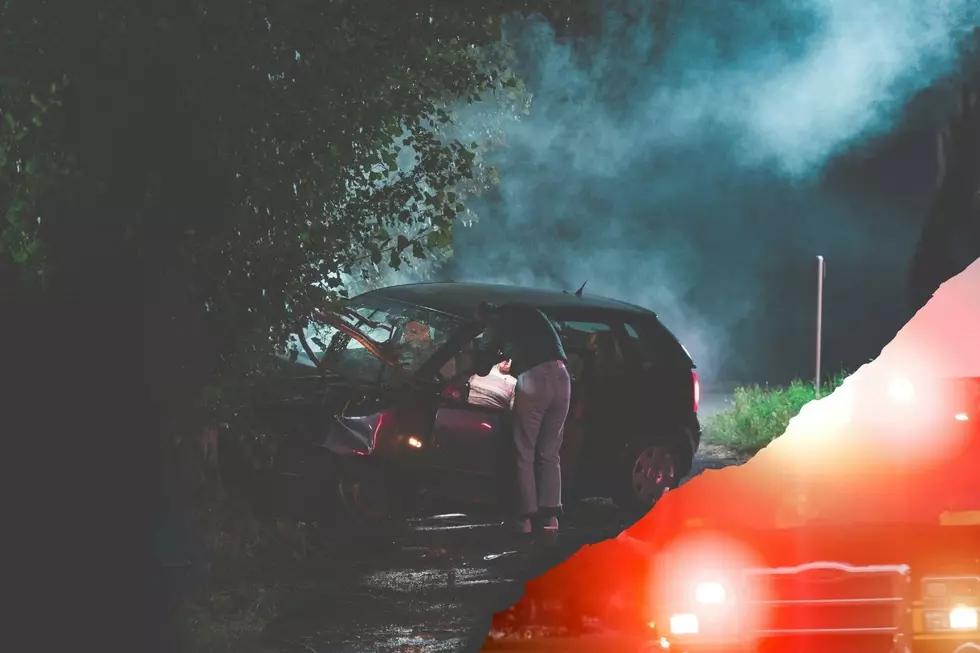
Minnesota Winter Heating Safety Checklist
With the first chill of the season settling in on us here in Minnesota, it's time to take a few proactive steps to ensure we stay safe and warm this winter. About 10% of residential fires are related to heating, so consider this list from the Minnesota Department of Public Safety and find out what to do before the first cold snap.
Gas Furnaces and Water Heaters
- Consider having your furnace checked and maintained by a professional every year. If not that often, then do it every other year. Call the pros for the same reasons you maintain your car — fuel efficiency, safety and longevity.
- A gas appliance needs to breathe; don’t stack things up near it.
- Keep the floor vacuumed to reduce dust, and store boxes at a distance or in another room.
- No kitty litter near the furnace; ammonia fumes can corrode the heat exchanger. No paint, gasoline, paint thinners or other fume-makers, either.
Keep the laundry at a distance, too. Fabrics create dust and lint, and lint is incredibly combustible. - Leave the furnace room door open to allow air exchange. An air-starved gas appliance can draw air down from the top rather than in from its vents, creating a dangerous situation.
- Forced-air furnaces typically have a filter that cleans the air before heating it. Inspect your filter monthly and clean or replace it as necessary. A clean filter improves efficiency, which can reduce your energy bills.
Wood Stoves and Fireplaces
Burning wood releases creosote, tars and resin. They’re all heavy, gooey and flammable, and they stick to the inside of your chimney. You can’t see them, but they’re there, building up every time you use the stove or the fireplace. Creosote ignites at 451 degrees Fahrenheit — just like paper. Chimney fires burn into walls and roofs, and houses are destroyed.
- First, call a chimney inspector every fall. It’s so much less expensive to have a professional clean out the creosote and the squirrel nests, and check the integrity of the liner, brick and mortar than it is to replace everything you own.
- Install a spark shield or a wire basket on top of your chimney.
- Make sure the flue is open before you light the fire, and remember — a clear, hot fire burns cleanly. Smoldering wood is burning inefficiently and creating creosote like crazy.
Keep anything that can burn or be burned — including children and pets — at least three feet from the fireplace and the stove. This includes walls, draperies, furniture, wet clothing — everything. - Always use a screen or glass doors, and close the wood stove door. Be sure there’s a hearth — something that will not ignite — in front of that opening to protect from escaping sparks.
- Never, ever use an accelerant in a fireplace or a wood stove. They can become explosively dangerous, injuring you too badly to escape.
- Make sure that fire is out before you go to bed. Combustion is never 100 percent efficient — it all creates carbon monoxide. Let the fire die.
- For the determinedly fire-safe: Ask your fire department or stove accessory store about chimney fire extinguishers; keep one handy for every fireplace or stove. A standard ABC extinguisher should also be on hand.
Portable Space Heaters
These things are misused so commonly they cause disasters every winter. Please follow these rules when you use a space heater. It could save your life.
- NUMBER ONE rule: Space heaters are not designed to heat large spaces. They’re not efficient, they overheat and they can start fires if they’re misused. Turn the heater on when you’re there, off when you’re gone, and never use one to heat your home.
- Give it space. Don’t put it next to the couch, the crib, a table leg or anything else that can burn. Create a three-foot empty space around it.
- Plug electric heaters directly into a wall outlet. Extension cords increase the chance of overheating and shock injuries. If you must use an extension cord, get one that’s rated for use with a heater. If you’re not sure, ask someone in the electrical department where extension cords are sold. They can explain it.
- Keep your heater clean. Dust and lint are terribly combustible.
- Keep it away from water. Don’t touch it with wet hands. Don’t put wet things near it.
If it’s defective, don’t use it. If it makes funny noises or malfunctions in any way, unplug it and replace it. - Some of these are action items; some of them are just good habits. All of them are going to keep you safe and warm and mentally at peace this winter — inside your home, anyway.
Fuzzy Slippers & Flannel Pajamas
- Keep them handy & celebrate a safe Minnesota winter!
More From 103.7 The Loon









